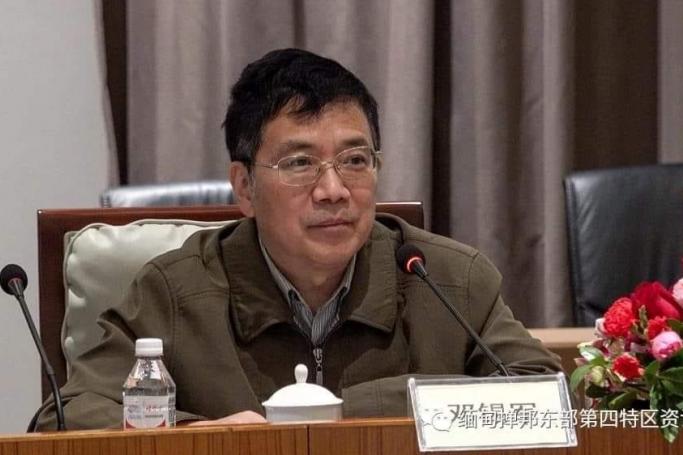The Myanmar junta has started having closer relations with China in the last few months.
These closer ties started with the appointment of Deng Xijun as the new Special Envoy of Asian Affairs in December 2022.
Since the 1 February 2021 Myanmar coup, there have been no meetings between top-level Chinese representatives and the Myanmar junta’s State Administrative Council (SAC). Even when Mr. Wang Yi, the former Chinese foreign minister visited Myanmar, to attend the Lancang-Mekong Corporation (LMC) Foreign Ministers ’meeting in Bagan, he did not meet with the SAC.
Since the coup, the highest-level Chinese official to have had dealings with the junta have been special envoys. Quite simply, China didn’t like the coup in Myanmar.
On 21 August 2021, the then Chinese Special Envoy of Asian Affairs, Sun Guoxiang, met with Junta Chief senior general Min Aung Hlaing during his visit to Myanmar. He arrived in Myanmar unannounced, and his visit was low-key. China only released details of the meeting after Sun Guoxiang had returned to China.
For China, the main point of the meeting was to help stabilise the situation in Myanmar and resume the transition to democracy as soon as possible. Strangely, the Myanmar junta did not release any information about the trip.
The military coup in Myanmar drew condemnation from around the world including from ASEAN as well as Western sanctions. China has not publicly supported the Myanmar Junta but it has repeatedly defended the junta against any stern actions by the UN Security Council.
This has caused some observers ask if China has been supporting the Myanmar Junta behind the scenes.
However, China’s abstention from the 21 December UN Security Council vote on the Myanmar draft resolution showed that it does not approve of the military coup in Myanmar and does not want to recognise the Junta as the government of Myanmar.
China has many businesses operating in Myanmar and has made many investments there. But, as conflict has increased throughout the country it seems that China has become concerned about the risk those conflicts pose to Chinese investments and projects in Myanmar.
According to data from The Institute for Strategy and Policy – Myanmar (ISP Myanmar) there have been over 7,800 incidents of armed conflict since the coup.
Of these, at least 300 occurred near Chinese project sites or in areas where Chinese projects are located. It is because of these conflicts that China’s relationship with Myanmar has changed in 2023.
China shares a land border with 14 other countries. Of those only six have friendly relations with China, one of which is Myanmar, the only one of those six countries where the government approves of China but the general populace does not.
The recently appointed Chinese Special Envoy of Asian Affairs, Deng Xijun, has met with the Myanmar junta twice in the last three months on 29 December and 6 March.
The two trips came after the Special Envoy had met with ethnic armed organisation (EAOs) in areas of Myanmar bordering China.
These trips are unlikely to yield any results that could resolve Myanmar’s political crisis. The Chinese just held the meetings with the junta to gain an economic advantage and to ensure that Chinese investments are protected.
The views expressed in this article do not necessarily reflect the views of Mizzima.












